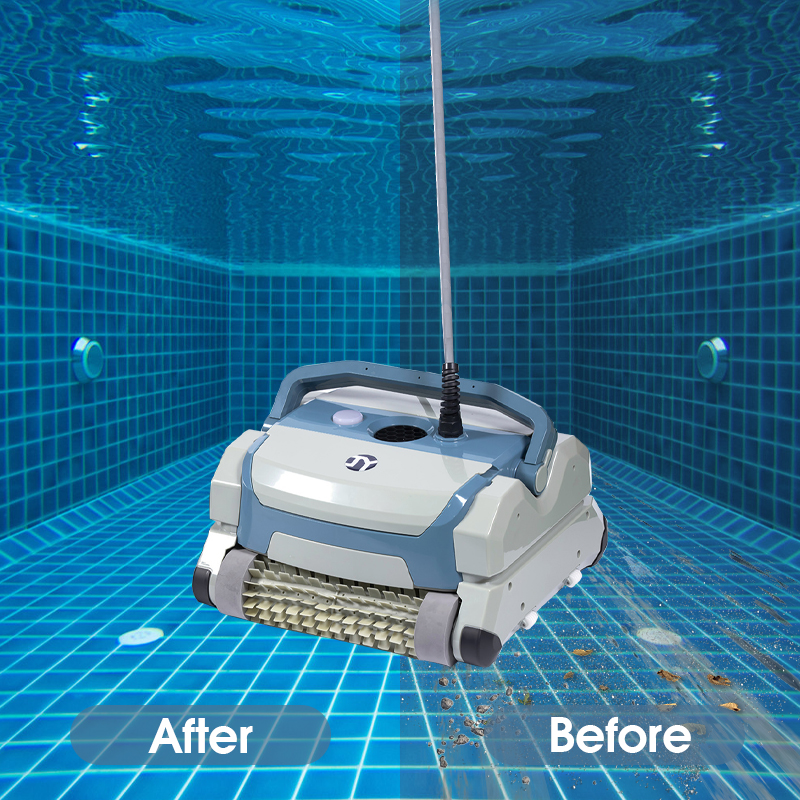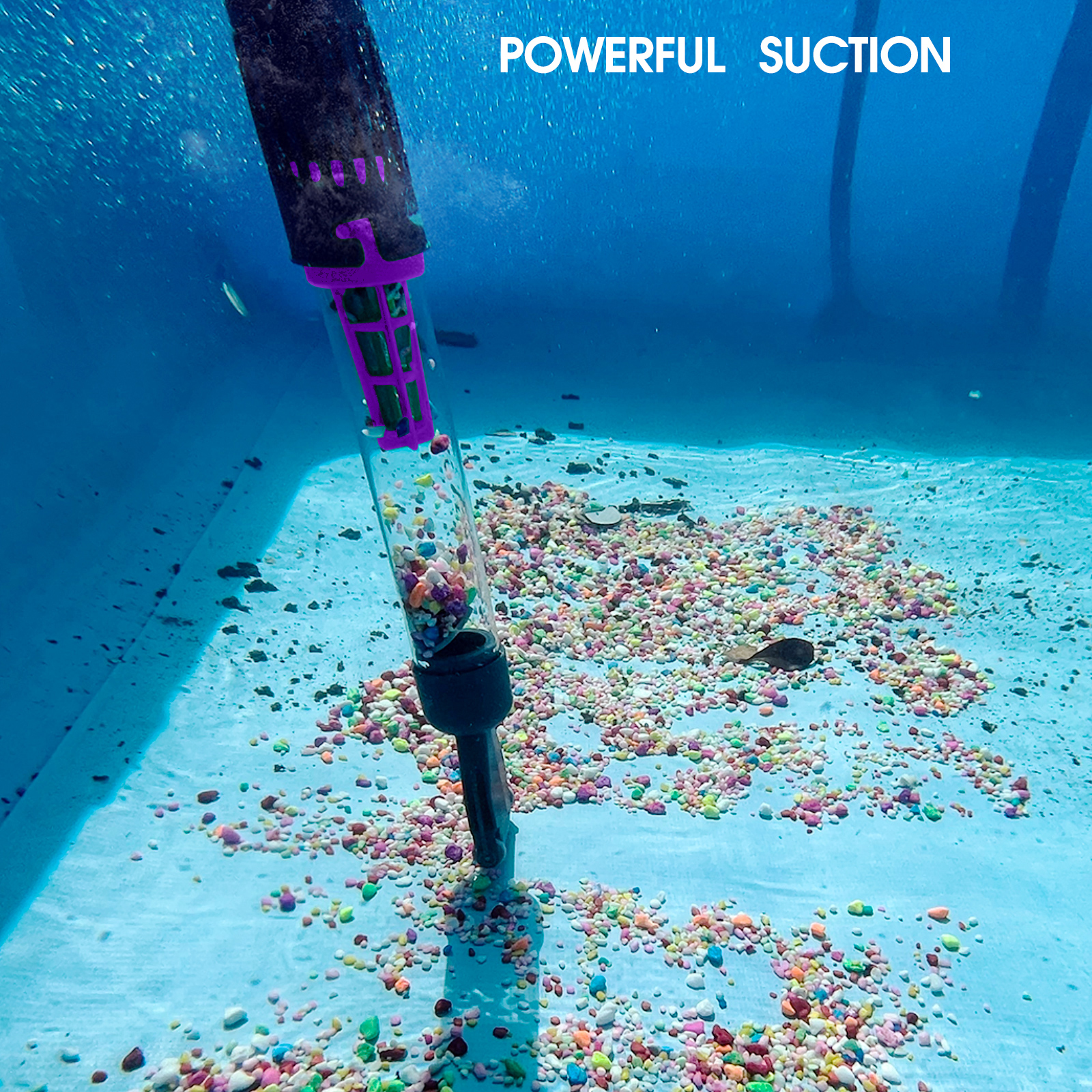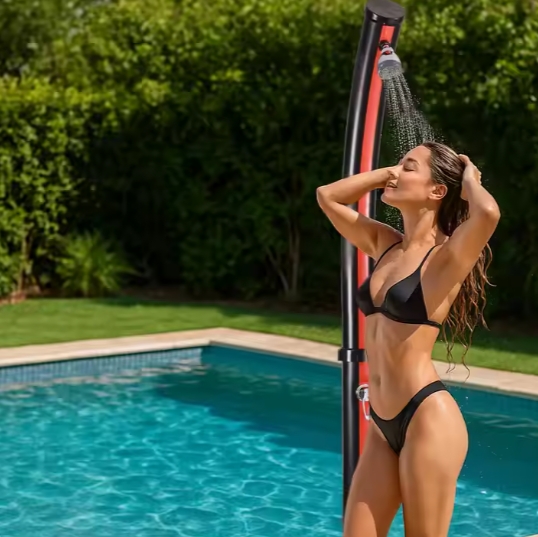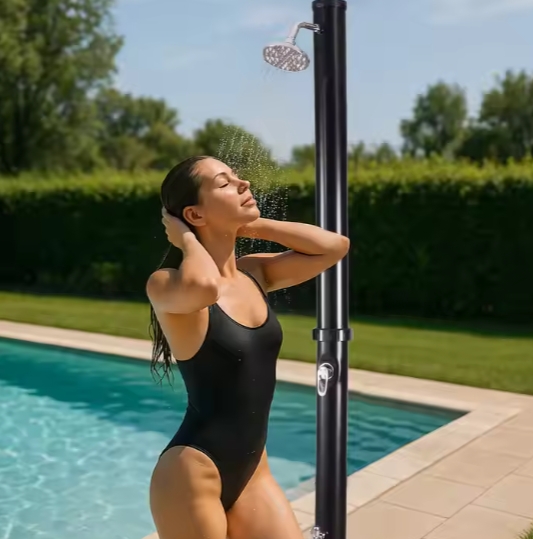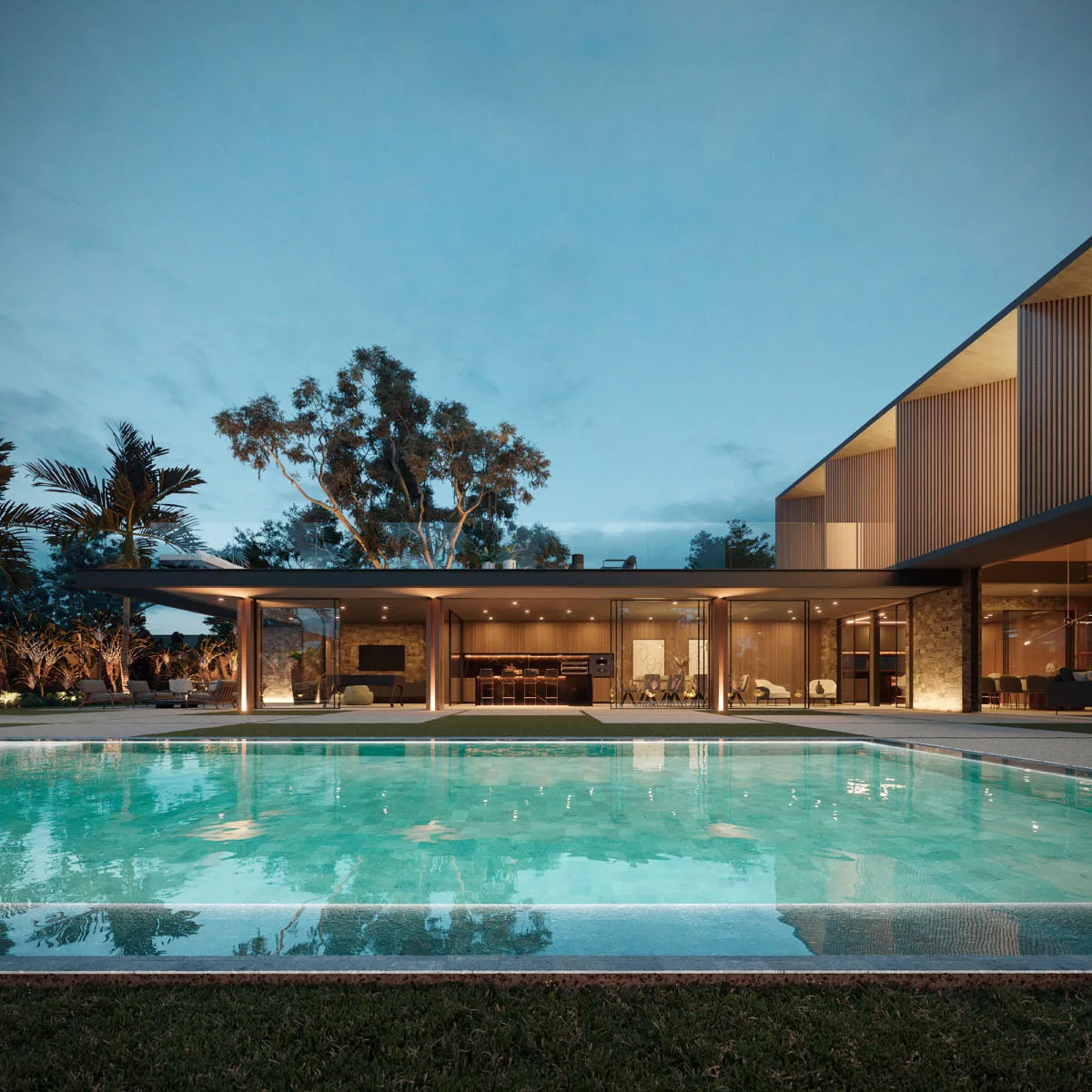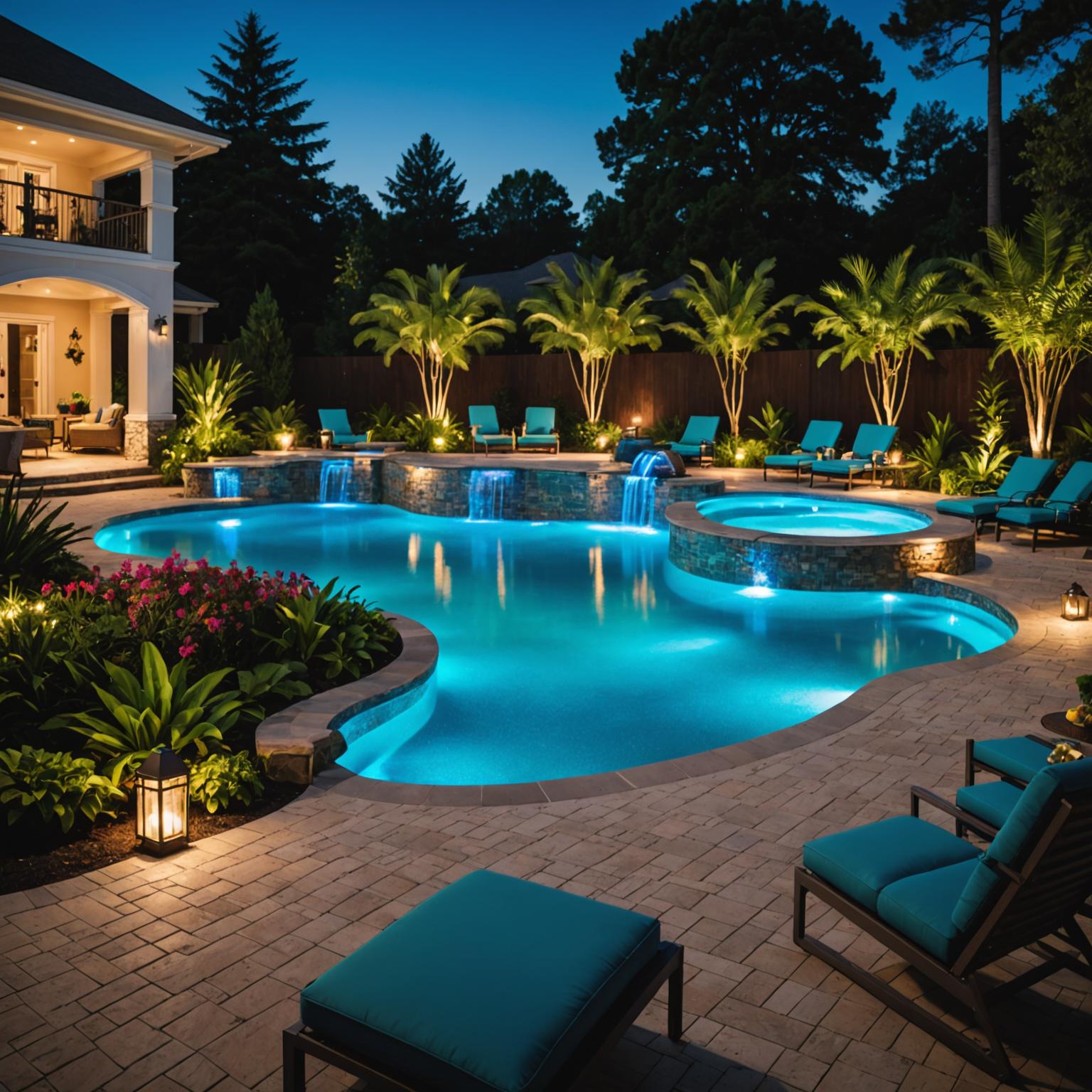
Effective water management strategies for hotel swimming pools
In the hotel industry, few facilities are as important as hotel pools. It is often the decisive factor in hotel booking and one of the most common sources of guest complaints. But most water quality problems do not stem from lack of cleaning, but fromUnnoticed chemical imbalances, inconsistent employee operating procedures or passive maintenance methods.
This guide helps hotel team buildProactive water management strategies,Focus on customer safety, regulatory compliance and long-term system performance.
Focus on experience, not just chemistry
Traditional pool maintenance usually prioritizes the following numbers: ppm, pH, TDS. But from the guest's perspective, what really matters is:
-
Clear and fresh water
-
No strong chemical smell
-
Comfortable (not irritating the skin or eyes)
-
Believe that the swimming pool is safe and clean
To achieve this perception, it is necessaryStay consistent, not just a perfect value once a day. Bonny's tools help operators transition from isolated tests toSystematic monitoring and prediction.
Design effective water quality workflow
Smart hotel pool management programs include:
1.Daily digital recording system
Replace paper logs with digital lists linked to employee responsibilities. Bonny
Provides chemical log templates that can automatically mark irregular values.
2.Sensor-based large pool monitoring
For resort pools with high traffic, you can consider using a semi-automatic probe to alert staff when chlorine or pH fluctuates.
3.Regular "micro-cleaning" window
Pause for 20 minutes every 6 hours to conduct water quality testing, skimming and adjustment. This minimizes downtime and keeps balanced and stable.
4.Set tolerance thresholds, not just targets
For example, the pH acceptable range = 7.2–7.6. If deviation within 12 hours > 0.2 → Mark and record.
This ensuresTake action before the complaint occurs.
5.Pre-storm and high usage protocols
Create a list of expected peaks:
-
Rainfall → Prepare anti-algae impact agent
-
High occupancy rate → Increase chlorine reserves
-
Children's swimming time → Monitor pollution
How are the top pools different?
Based on guest review data and pool inspection audits, top hotel pools usually:
-
Test water quality 3 times a day (before peak use, during peak use, and after peak use)
-
Each classTraining 2-3 employeesExplain the results, not just run tests
-
useBonny's Visual Reference GuideCompare the color or odor of water to the safe range
-
Use as much as possibleAutomatic distribution systemInstead of manual chlorine addition
-
Check TDS levels every two weeks to reduce long-term scaling risk
Avoid "invisible recession"
The worst reviews related to pools come from some things you can't see:
"waterLooksVery clean, but with a strange smell…”
"Later that day, my child had allergic symptoms in his skin..."
“It’s very sticky around the steps…”
These problems are usually done by your daily workAccumulated subtle mistakesCaused. With Bonny’s structured system, from detection suites to monitoring logs, you can prevent problems before they affect guests.
Bonny's Hotel Pool Chemistry Solutions
Bonny provides the following support to the hotel team:
-
With clear ppm indicatorDaily Test Kit
-
Multiple operationDigital log
-
Suitable for large swimming poolspH/Chlorine Sensor Kit
-
Customize according to usage modeAlgae removers and impact schedules
On our homepageView the complete tool suite on,orContact UsConduct consultation.
Clean water reflects your brand quality
Guests won't know your calcium hardness reading, but they will notice any abnormalities. Clear, fresh, and balanced water qualityIt will make guests feel the good hotel management. Don't wait until a complaint before taking action – with the help of Bonny, let water chemistry be yoursBrand CommitmentPart of.


